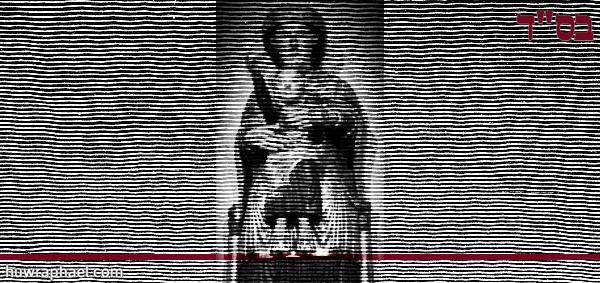
IC XC
✙
NI KA
Way back in the 1980s when this writer was doing the traditional “in college rejecting Christianity right now” thing, a friend was ordained to the Episcopal priesthood. As a good friend would, I attended the newly ordained’s first Sunday at his new parish on the Upper East Side of Manhattan. His sermon that day has been in my my memory banks as a sort of theological Occam’s Razor. He made one simple claim in that sermon: no other religion has anything like “the Incarnation”. At the time, as noted, there was an active spiritual rebellion going on in my heart, so I immediately rejected the claim. When we went out for lunch after that service we argued about it. It was not the end of our friendship (which came later for other reasons) but it was the beginning of my return.
The Christian’s claim that God became Man is not repeated anywhere else in human shared religious history. Yes, there are places in mythology around the world where a divinity has appeared on earth as if a human. There are places in world religion where a divinity is banished or condemned to life as a mortal human for a time or even for a mortal life leading to a mortal death. There are religions where the divine “inhabits” their clergy or “possesses” the devotes, but that’s not the same thing. There are places where divinity mates with a human woman giving rise to a demigod. And there are for more places in human religion where divinity has nothing to do with humanity other than as adversary or helper. But there is no place where the Divinity, whilst remaining Divine, has taken on a human nature and, whilst remaining infinite spirit, has become finite flesh and blood. There is no other religion in which the Divine, whilst remaining eternally present in the infinite Now, has entered the world of change and time which we inhabit and passed through it as one of us.
This is the Christian difference. Fr Don was correct.
The longer I remain a student of comparative religion, as as often as I find parallel truth in other paths it is the absence of Incarnation that leave those paths ultimately fruitless – not only for me, but for those who walk those paths as well. Yes, there is more or less of the Truth in each path, but all Truth anywhere is the God who said ‘I am the Truth’. If that Truth has not incarnated in the flesh for us, it’s only a way-pointer, not the Way itself. There is more or less truth in various places, but it’s not, if you will, living up to its vocation. What is Truth is Islam, what is Truth in Judaism, what is Truth in the various pagan paths is only pointing to Jesus: it’s not salvific. You need to follow the signs which point the way to the Truth in order for it to do anything.
So true is Fr Don’s sermon that, 40 years later, I find that there are really only two religions in the world. There are only two paths that one can be walking: that of the Incarnation and that which I call, for lack of a better word, “Ignosticism”. It might be fashionable to call it “gnosticism” but that word has a cultural cache that means less on the street – and even in the academy – than it means inside the Church. Agnosticism is not right either.
This neologism, “Ignosticism” means exactly “making a religion of ignorance”. How can this be useful?
The Church says that the Son of God, God the Son, Jesus, the impoverished itinerant preacher from Nazareth, is not only the Divine Incarnation, but also he, himself, is the Logos of God, by means of whom God the Father created everything that is. Thus, to willfully ignore the Incarnation – or to not know about it yet – is to fail to understand anything in its fullness. We can know what things are made of, we can know how they are made and what they do, but – without the fullness of the Logos in our worldview – we can never know what things actually are. The meaning of everything is there to be seen, but if the final end and meaning is rejected from the get-go, ultimately nothing of final worth can be known at all.
This is a clear picture of “scientism”, certainly, but it is also a theological picture of any other religion. They are all religions of ignorance, “Ignosticism”. Each religious path may have more or less of the truth pointing its way to Jesus, but that will be as an admixture of more or less impurities. One can hear truth in another religion, but one can, in nowise, say “that religion is true”. This goes hardest in the other Abrahamic religions: for if the God of Abraham has entered time and space as a baby with dirty diapers and teenage acne, then rejecting that Truth literally breaks the Way. A religion in that situation can only be more or less dualistic, more or less gnostic, more or less wrong.
Such a path will always be ignostic: it will always be choosing to reject the real meaning within everything.

You must be logged in to post a comment.